
Mon-Fri 9am-5pm
Talk to our friendly electric car leasing experts now: 01942 910 001This website uses cookies to ensure you get the best experience. Learn more
The Peugeot 2008 electric SUV - the perfect electric car lease deal?

Is the Peugeot 2008 the perfect suv electric car leasing deal?
Fact or fiction is often a difficult proposition to overcome when speaking about the electric car transition in the UK. There seems to be an onset of anti-EV propaganda; some fair and other elements just nonsense. In an era of uncertainty, with rising interest rates and cost of living, both small businesses and the general public are more sensitive to automotive finances and decisions.
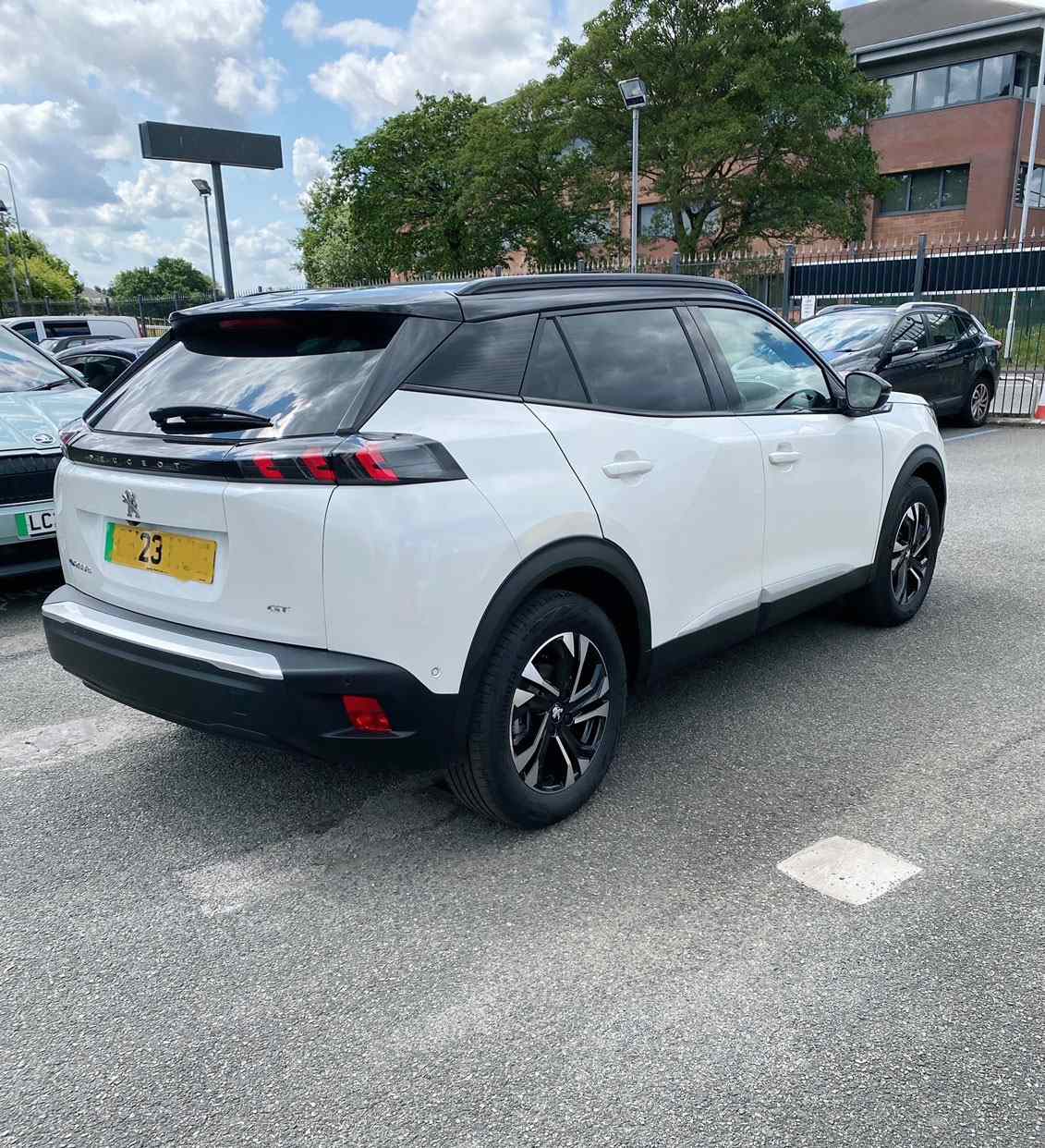
With the net-zero plans for 2030 / 2035 now being reviewed according to Rishi Sunak, there is more concern about the health and robustness of the electric vehicle infrastructure and market in the UK. But why are there objections?
As reported yesterday (24 July 2023) - the BBC has produced a synopsis of their recent programme covering the movement towards electric cars. In particular, there are some key issues highlighted in the article which explains about the concern for going green, namely:
- Electric Vehicles are too expensive;
- The range of Electric Vehicles is insufficient;
- There are not enough charge points; and
- UK manufacturing for batteries and vehicle is behind the rest of the world.
While these are clearly addressable points, it might be worth noting that these have been the same obstacles mentioned to us for nearly 10 years (when we set-up e-car). But before we give some opinion on the above, what is probably worth considering is that the procurement process for EVs has been under development, with the last 2 - 3 years seeing more seismic change.
At the onset of EVs in the UK, the dealerships, brokers and finance providers really didn’t know, or appreciate, what this new project would entail and what potential pitfalls battery tech can bring on.
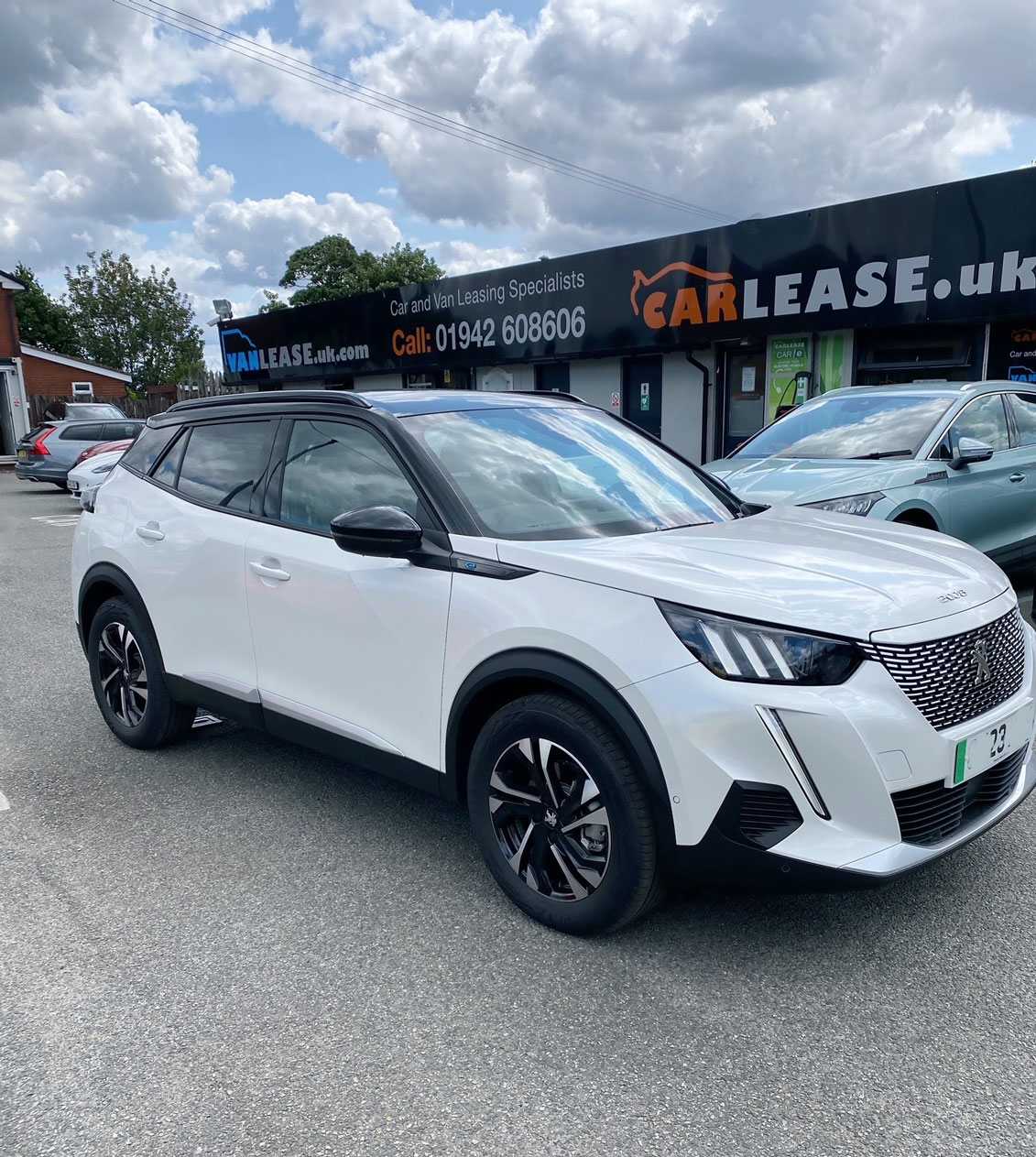
And our business was no different, with some hard lessons being learned along the way - for example using the maximum WLTP range in better weather, suggesting 15 minute charging would be the norm and blindly offering that electricity is much cheaper than petrol.
While some of these statements are not wholly untrue, we learned that customers started to remember the key benefits without considering the other aspects and obligations of EV motoring. Unsurprisingly, we received negative feedback and critique for a less than balanced approach.
Across an 8-year period, our entire process and customer journey changed substantially, culminating in the EVC™ which accompanies every vehicle quotation on a personal or business basis in 2023.
As demonstrated below, this sets out the key aspects of an EV on a more rounded basis, for example showing real world ranges in warmer and colder climates, charge times according to the charge point being utilised and a key overview of the facets, running costs and introductions to 3rd parties who help make the EV driving journey less complicated.
By working with some of the UK’s leading electric motoring solutions - Zapmap, Raw Charging, Rightcharge and Churchill Expert - the potential challenges can be offset quite easily. It’s easy when you know how.
EVC example on the electric Peugeot SUV:
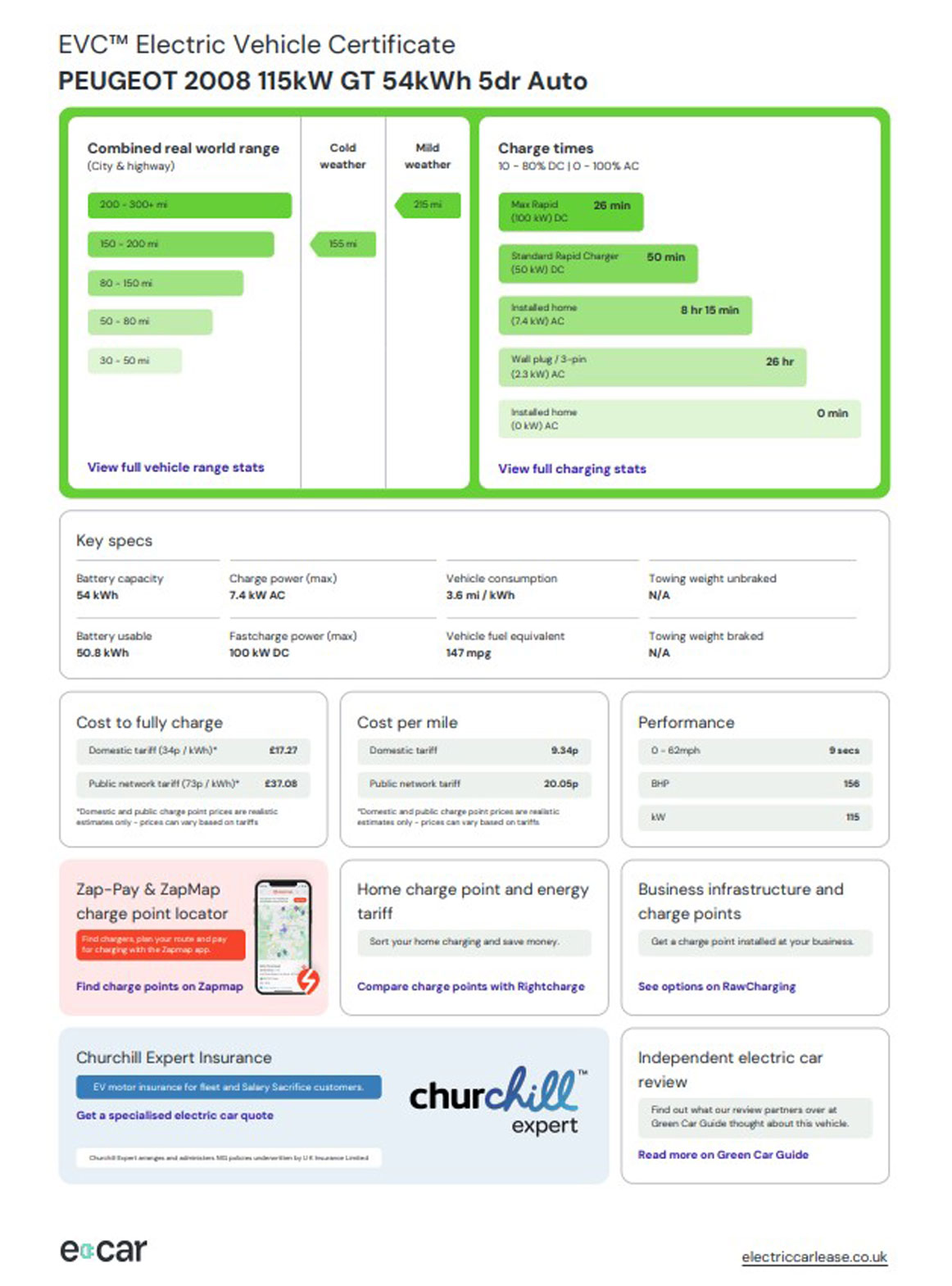
When you conduct a semblance of research, many of the intended issues soon dissipate. In particular the low-hanging fruit “range” and “charge points” are fairly easy to combat. For range, while early EV concepts and products are rightly subject to critique (some had nominal 50 - 100 mile abilities), the modern product is far more user-friendly.
As at July 2023 there is an average of a 227 mile range across the new cars shown on our website. Just use our guide to assess the range on electric cars . With 200-mile daily trips now a reality (this equates to 1000 miles per week and some 4000 miles per month!) the issues pertaining to range are less justifiable unless you are a high-mileage driver using motorways. Most of us are not.
And when you use our charge point partners Zapmap, you can not only find AC or DC charge points but you can also quickly see the extent of the UK’s charging infrastructure via their dedicated map. And as at June 2023, some 44,408 charging devices in 25,521 locations have been recorded on Zap Map .
While most of the e-car customers will charge at home, and this is where Rightcharge can assist with your domestic charging solution / energy plan, there are certain customers who don’t have off-road parking and who need to charge on the public network. This is why the Government increased obligations for more reliable and easier to use public charging infrastructure in recent legislation.
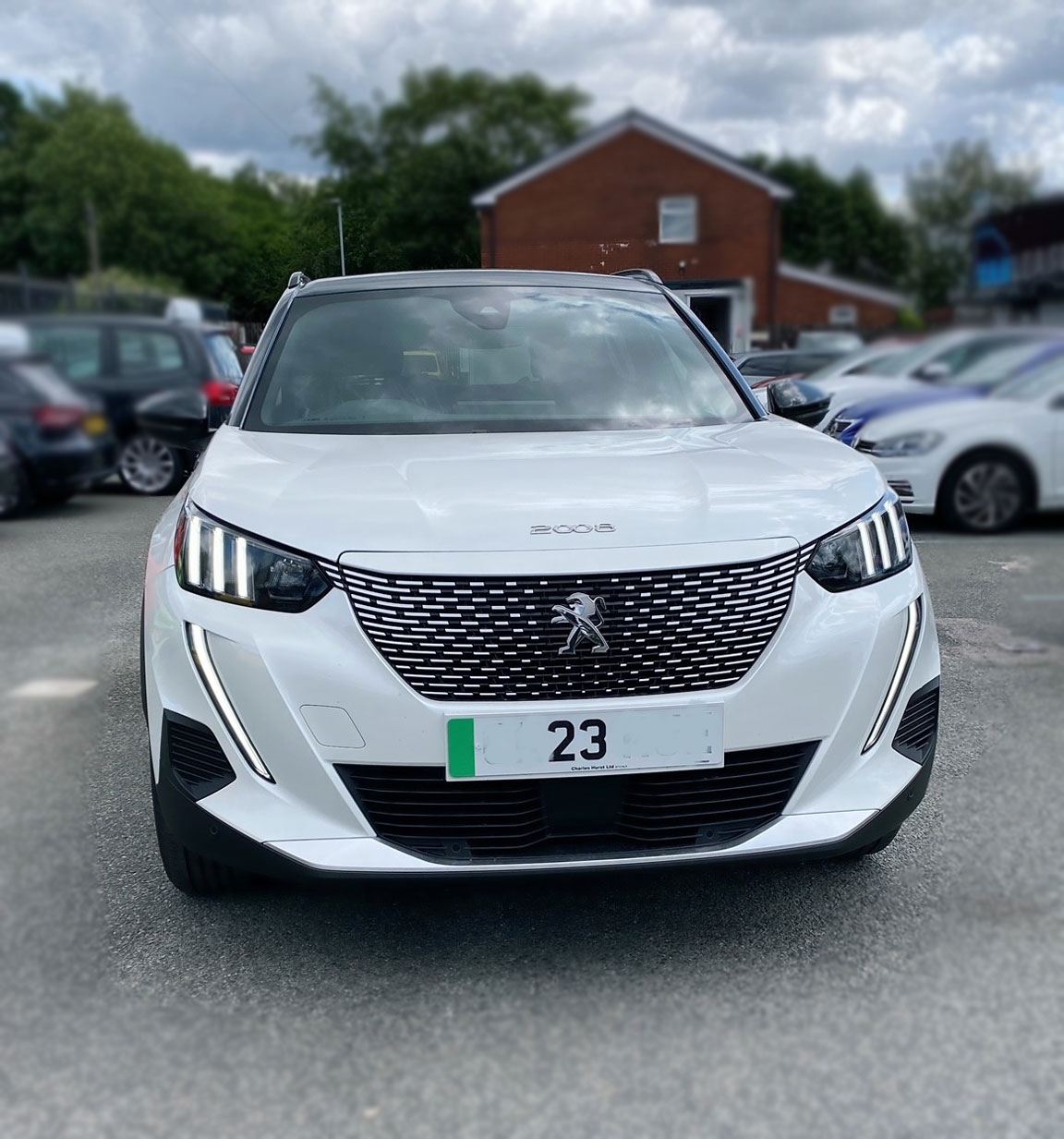
And quicker DC options in more locations are coming, so the future looks more than positive. Look at our partners Raw Charging, who only this month announced points at Alton Towers, Thorpe Parke and LEGOLAND®. And they are not on their own. With some other big charge point operators also installing solutions up and down the UK on a daily basis.
But many electric cars have historically been expensive and perhaps this is something we can agree with. This has been caused by two issues - 1) the types of vehicles being manufactured; 2) the ambitions of the brand. Amidst the furore of the EV growth period from 2020 - 2022, the concentration was very much on bigger saloon and SUV options, which was partly due to the volume of batteries to ensure a robust range.
With many costing north of £40,000, this meant the attractiveness was limited to business contract hire and salary sacrifice more so than personal leasing and PCP routes. It also didn’t help in that manufacturers did not realign their prices after the removal of the plug-in grants from the UK Government (originally £5000!); indeed many increased their prices due to supply issues brought about by COVID.
Manufacturers used the shortage of product and increasing interest in zero-emission to generate profits and this really didn’t work amidst social and economic changes. EVs started to move away from a pricing parity position with combustion alternatives, which were equally expensive, and a series of bad press has only exacerbated this. But some manufacturers did recognise these concerns and announced options like the BYD Dolphin, MG4 and ORA Funky Cat which started a move towards sub-£30,000 motoring. Yet in the combustion world, little has been done to realign their pricing?
UK manufacturing has perhaps been somewhat remiss. With only the one facility in Sunderland, production of battery tech has been absent. With JLR only last week confirming a new site in UK at around a £4bn investment, there has been little conversation about more production and Governmental support. But with an increased focus on EVs, will more companies not look to invest in the UK if our politicians support these endeavours and match our European and Asian counterparts?
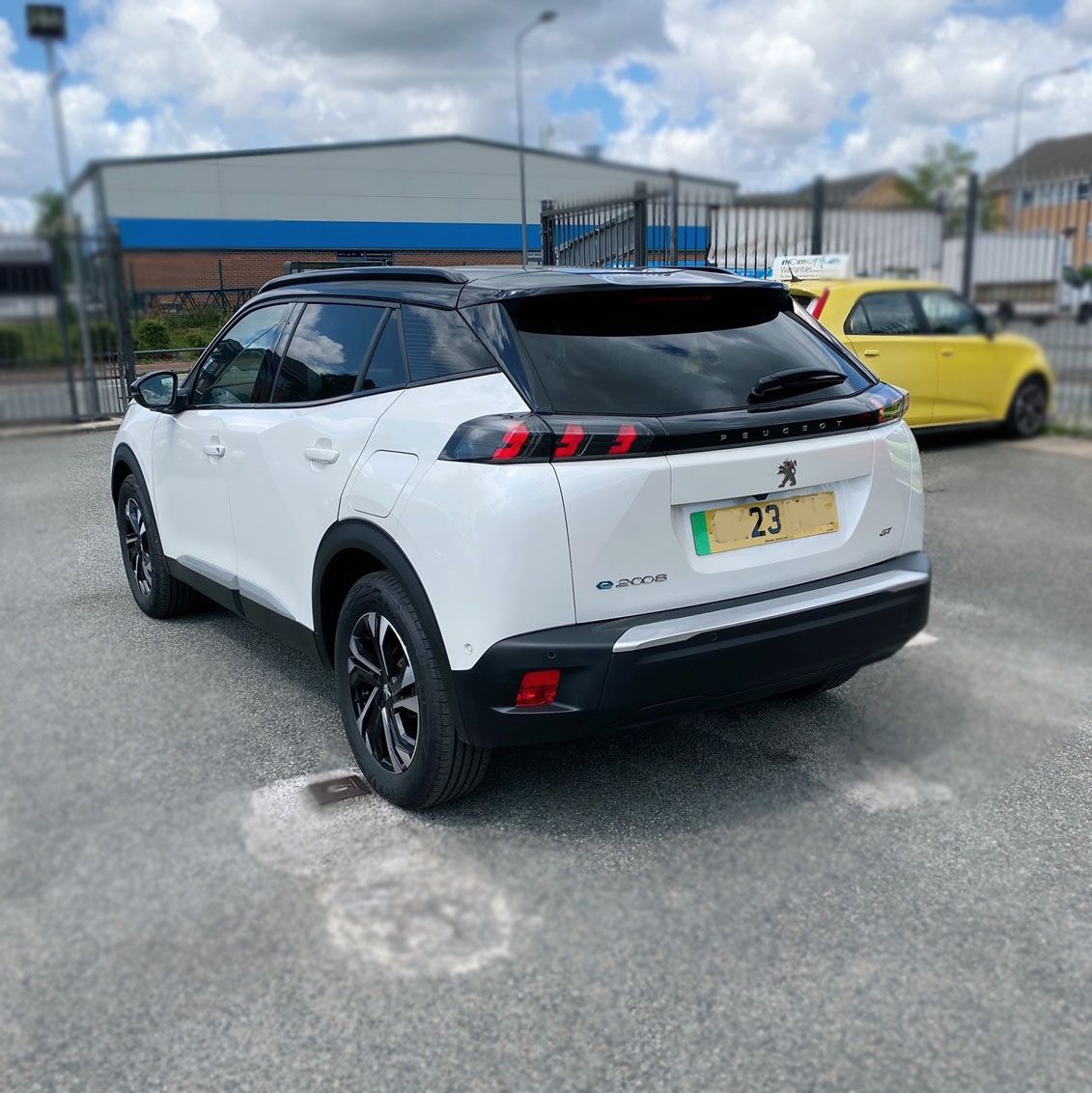
Like any transition, this happens with some aches, pains and smattering of complexity. But isn’t that expected with anything new … is there always some degree of hard work, effort and consistency to make positive improvement? Let’s hope that the BBC, along with the Government, make this clear in any further releases.
And could the updated Peugeot 2008 EV be one of your potential options for the future?
Having launched in 2020, this small family SUV was relatively popular in the UK. However, to ensure brand consistency, this was facelifted alongside the rest of the product suite in 2023 along with some battery improvements. In terms of the new 2008, choose between:
- Active - (from £36,350) this model includes rear parking sensors, LED headlights, automatic lights, air conditioning, 16” SILOM alloys and Wireless Mirror Screen technology,
- Allure - (from £38,350) this model adds 17” alloys, head-up instrument panel, 10” HD colour screen, dark tinted windows, active safety brake, front parking sensors and gloss black roof bars;
- GT - (from £40,550) this models includes full LED headlights, smartphone charging plate, ambient lighting, Peugeot Open & Go, 180 degree parking camera and 3D HUD; and
- First Edition (£41,600) the special edition includes massaging seats, heated seats, 3D navigation and the Alcantara seat.
As per the 2008 brochure all EVs will include the Mode 3 / Type 2 charging cable. In addition, the MyPeugeot Application allows charge management climate preset and e-Coaching.
And how does the Peugeot SUV perform?
The FWD 2008 will have a 50.8 kWh usable battery which will offer 0 – 62 times of 9.1 seconds, 93 mph top speeds and 115 kW (or 154 hp). Expect a combined winter range of 155 miles with warmer weather allowing for 215 miles. On charging, the 7.4 kW AC max will allow 8 hour and 15 min 0 – 100% charging times with the 100 kW DC maximum allowing 26minute 10 – 80% times. A cargo volume of 434L is available with this car. It has a vehicle fuel equivalent of 147 mpg. You cannot tow with this EV. It also has no V2L or V2G capabilities;
In terms of the car shown, the Peugeot E-2008 ELECTRIC ESTATE 100kW GT 50kWh 5dr Auto (Pure Electric Vehicle), this is based on the following configuration:
- Pearlescent White
- Tri material alcantara/cloth - Mistral black with lime green stitching + multiway electric driver seat + massage + lumbar
- Carbon effect Dashboard, front and rear door panel finish
- 17" Salamanca diamond cut alloy wheels
- Mode 3 / Type 2 Charging Cable (Public Charging & home wallbox charger – Fast charging)
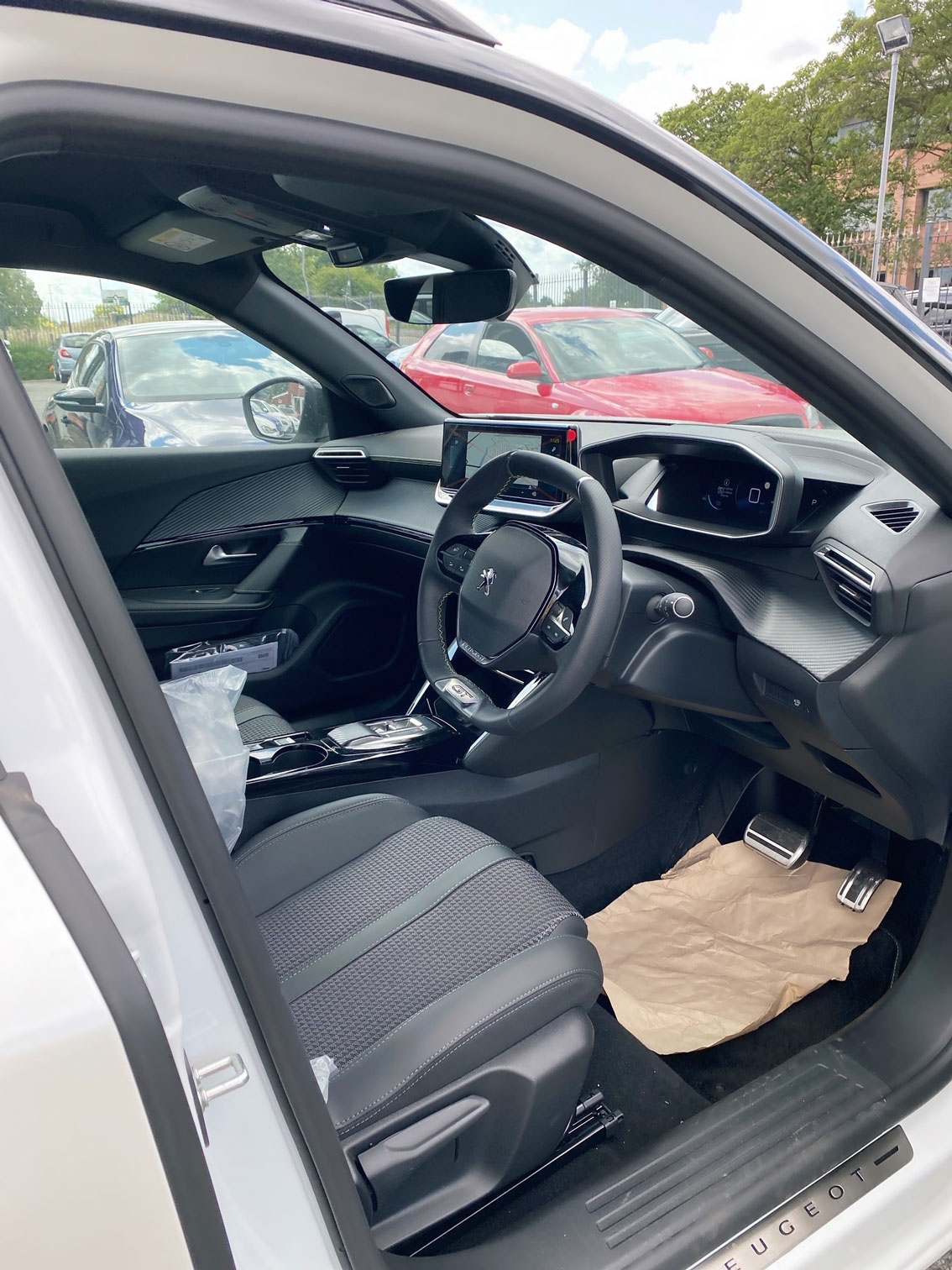
e-car lease work alongside these select finance companies:





e-car lease have a partnership and affiliation with:



Register & get new deals weekly
 Exclusive offers
Exclusive offers
 Electric-only deals
Electric-only deals
 Never miss out
Never miss out

Talk to one of our experts
01942 910 001 Email usLeasing


© Copyright 2025 e-car lease. All rights reserved. e-car lease is a trading name of CarLease (UK) Ltd, e-car lease is a credit broker and not a lender. We are authorised and regulated by the Financial Conduct Authority. Registered No: 706617. BVRLA Membership No. 1471. Registered in England & Wales with Company Number: 09312506 | Data Protection No: ZA088399 | VAT No: 200422089 | Registered Office: Kings Business Centre, Warrington Road, Leigh, Greater Manchester, WN7 3XG
Made by morphsites®












